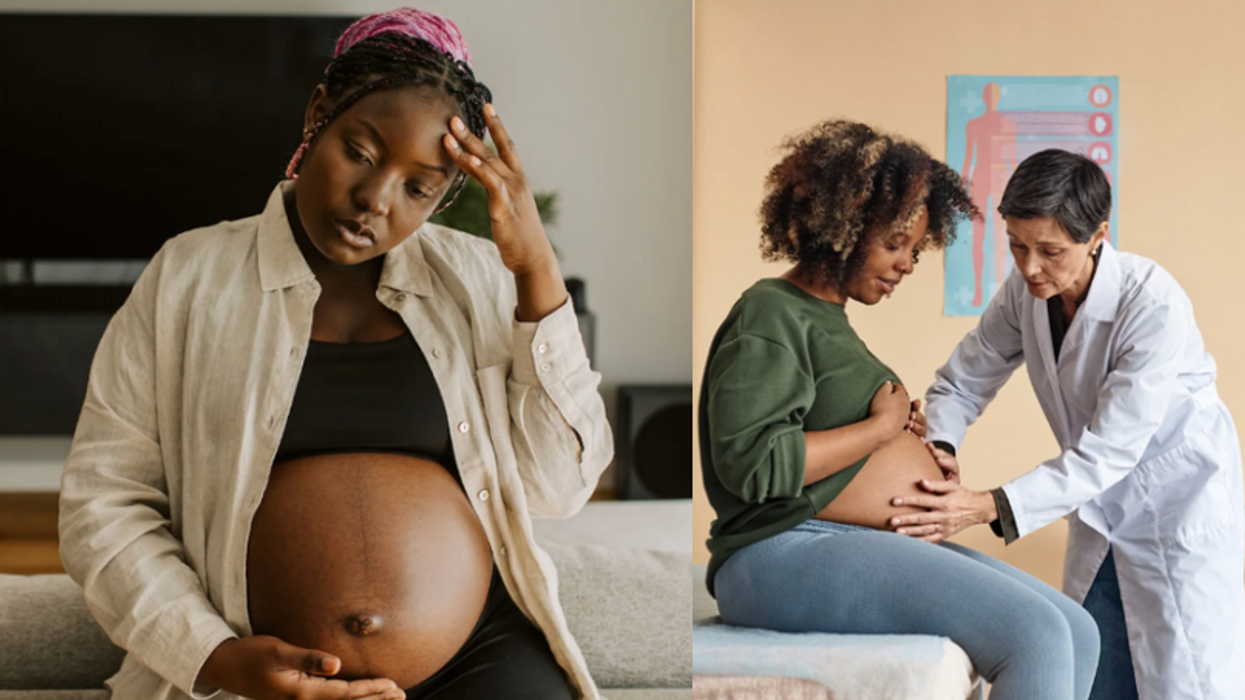In the days since the Newtown tragedy, I’ve been trying to come up with a nuanced take on gun control. It’s not happening. I still feel like the fact that the issue of gun control is nuanced at all is BS. Most or all firearms in this country should be banned outright. But that’s not happening either. And it’s not realistic.
There are almost as many guns in the United States as there are people (310 million or so, at last count), and enforcing a sudden ban on all of them would be impractical. Prohibition doesn’t have such a good record in this country anyway. Still, one looks to Japan, where you have to pass a written test, shooting test, mental test, drug test, and background check just to get an air rifle. Or Britain, where a school shooting similar to Newtown led to a flat-out national handgun ban.
I don’t expect either of those scenarios to follow Newtown, but even if I wanted to take the gun industry to court to argue for them (or other, more realistic measures) I couldn’t do so. And that’s thanks to one Bush-era law that specifically protects gun makers from lawsuits.
Even though the Newtown shooting and the Aurora shooting involved the now-infamous AR-15 rifle, overall only a small fraction of total U.S. gun crime involves assault weapons. The Washington Post points out that they were used in just 2 to 8 percent of gun crimes nationwide. A 2010 California Attorney General report found 90 percent of gun crimes in that state involved handguns. Year after year, the Bureau of Justice Statistics reports some 75 to 80 percent of gun homicides involved handguns (and 68 percent of homicides involved guns). Of the nearly 5.5 million guns manufactured in the United States in 2010, about 2.8 million were pistols or revolvers. Two of the guns found next to Adam Lanza were pistols. Clearly, these handguns are getting into the wrong hands.
For now, the national gun control measures being talked about in Washington, D.C. include a renewed assault weapons ban, controls on high-capacity magazines, and closing gun-show loopholes. These are great, but they don’t go far enough in curbing handguns. Nor can they address the specific gun-related problems facing different cities and states.
But the federal government is not the only regulator in the country. States can impose their own handgun controls, and citizens should be able to use the courts to challenge those who supply guns to people who will use them illegally. We should be suing the pants off companies that make products designed to kill, and then allow those products to be sold irresponsibly, such as to dealers who sell guns to criminals. A number of cities, victims, and advocacy groups figured that out in the late 1990s and started suing gun makers all over the country. The trend didn’t have time to create a sea change, but it threatened the gun industry so much that the industry sought help from Washington. And it came.
In 2005, President George W. Bush signed into law the Protection of Lawful Commerce in Arms Act, which prohibits lawsuits against gun manufacturers for the damage their products do. “It does so in the name of the hoary concept that freedom of gun commerce is more important per se than freedom from gun violence,” writes Andrew Cohen, at The Atlantic.
The law worked. “It’s led to the dismissal of plenty of cases that were fully supported by civil justice law but were dismissed because this act provides special protections to the gun industry that no other industry or no other people in America enjoy,” said Jonathan Lowy, director of the Legal Action Project at the Brady Campaign Against Gun Violence. In 2009, for example the U.S. Supreme Court tossed out a lawsuit by the City of New York against gun manufacturers that a lower court had supported, citing the PLCAA. The law actually makes an exception for negligence on the part of gun makers, which has allowed at least one lawsuit to proceed. But for the most part, Lowy said, “it has been abused, it’s totally unnecessary, and it has been destructive.”
If we as citizens want to make a big noise about gun control (and we should), it makes sense to focus that noise on changing one flawed law rather than instituting a host of unspecified new ones. Do away with that special protection for gun makers, and give people the power to use the courts to try to enact the kind of change Washintgon won’t.
Image via (cc) flickr user Arabrick













